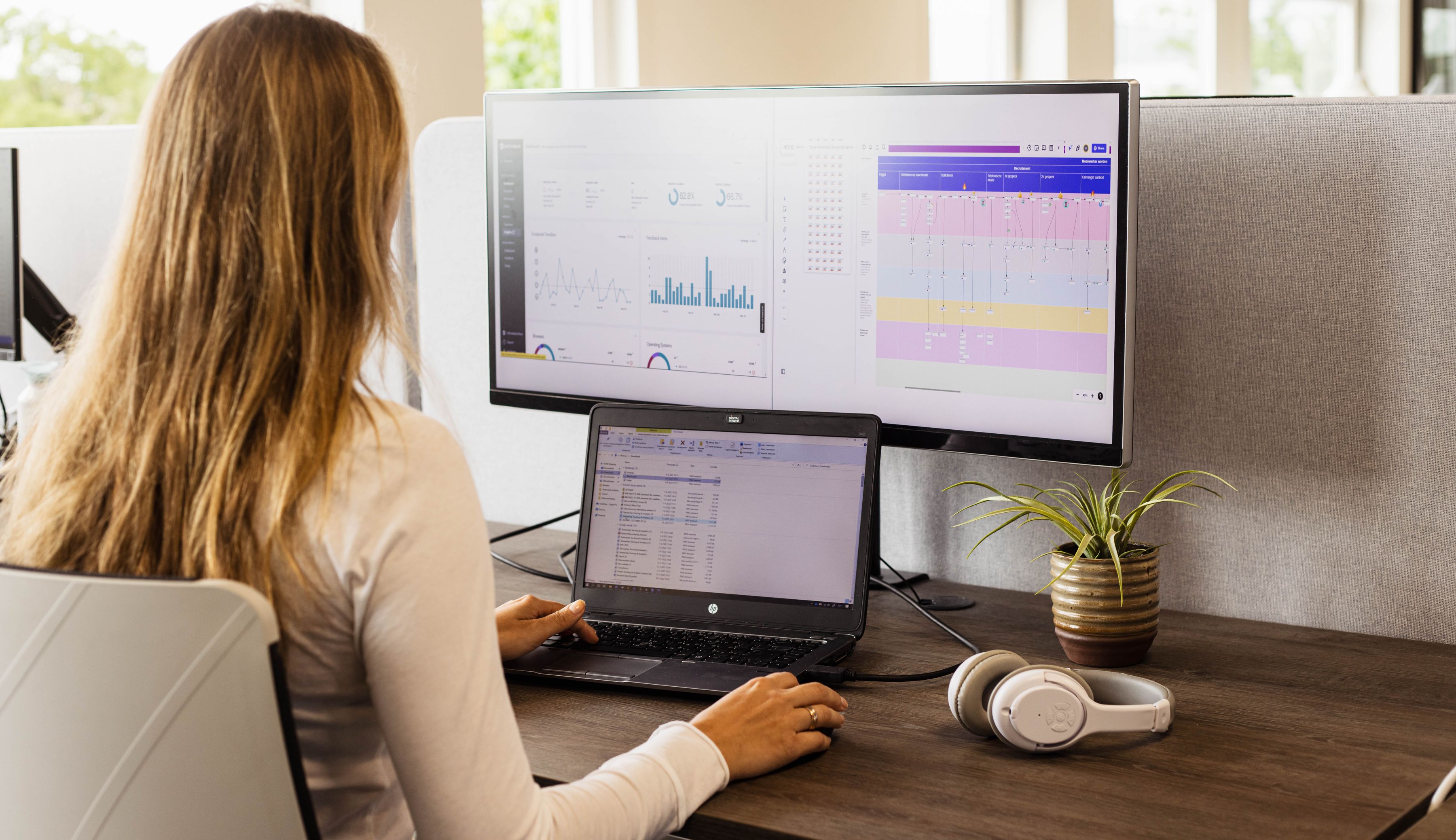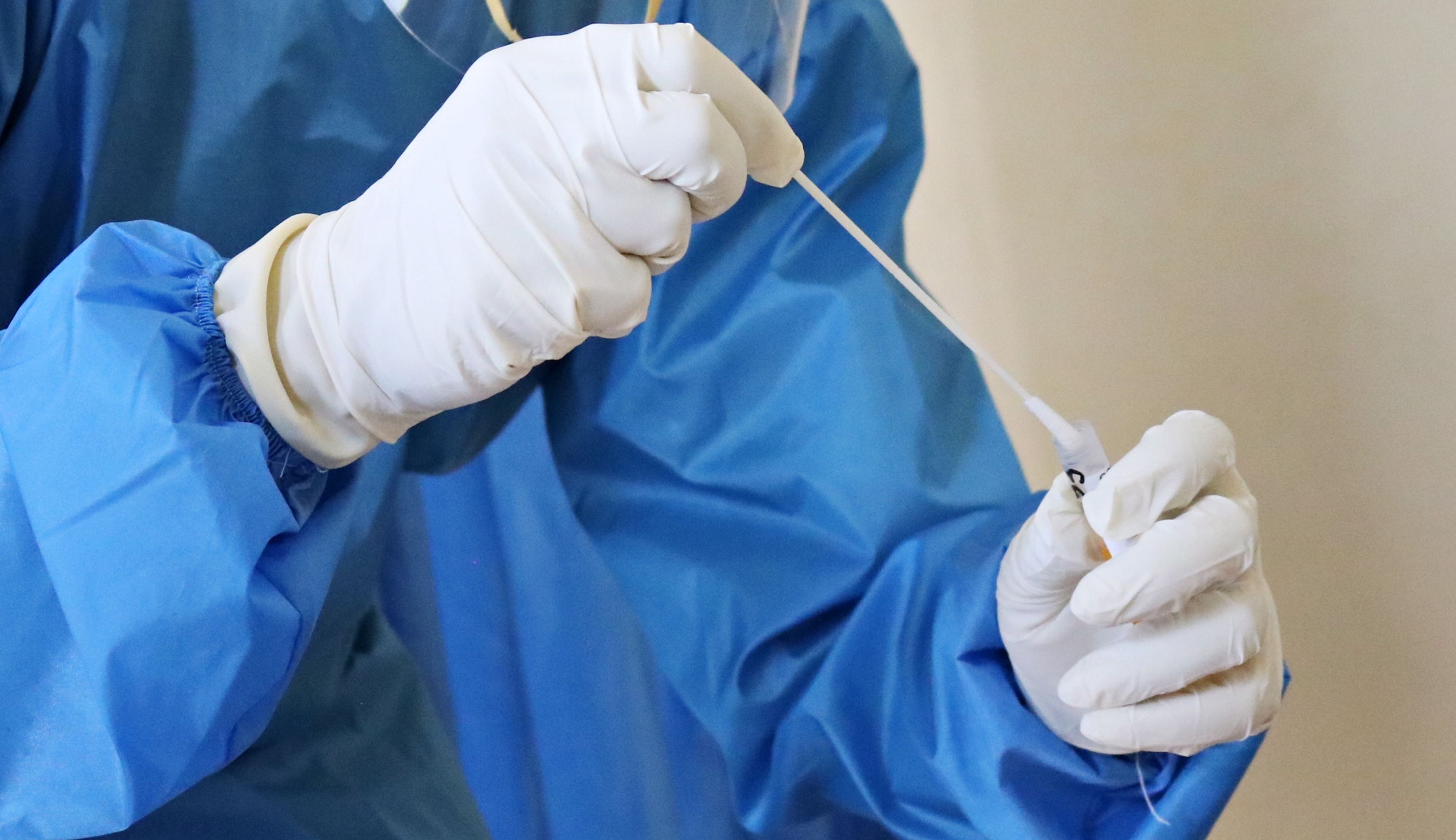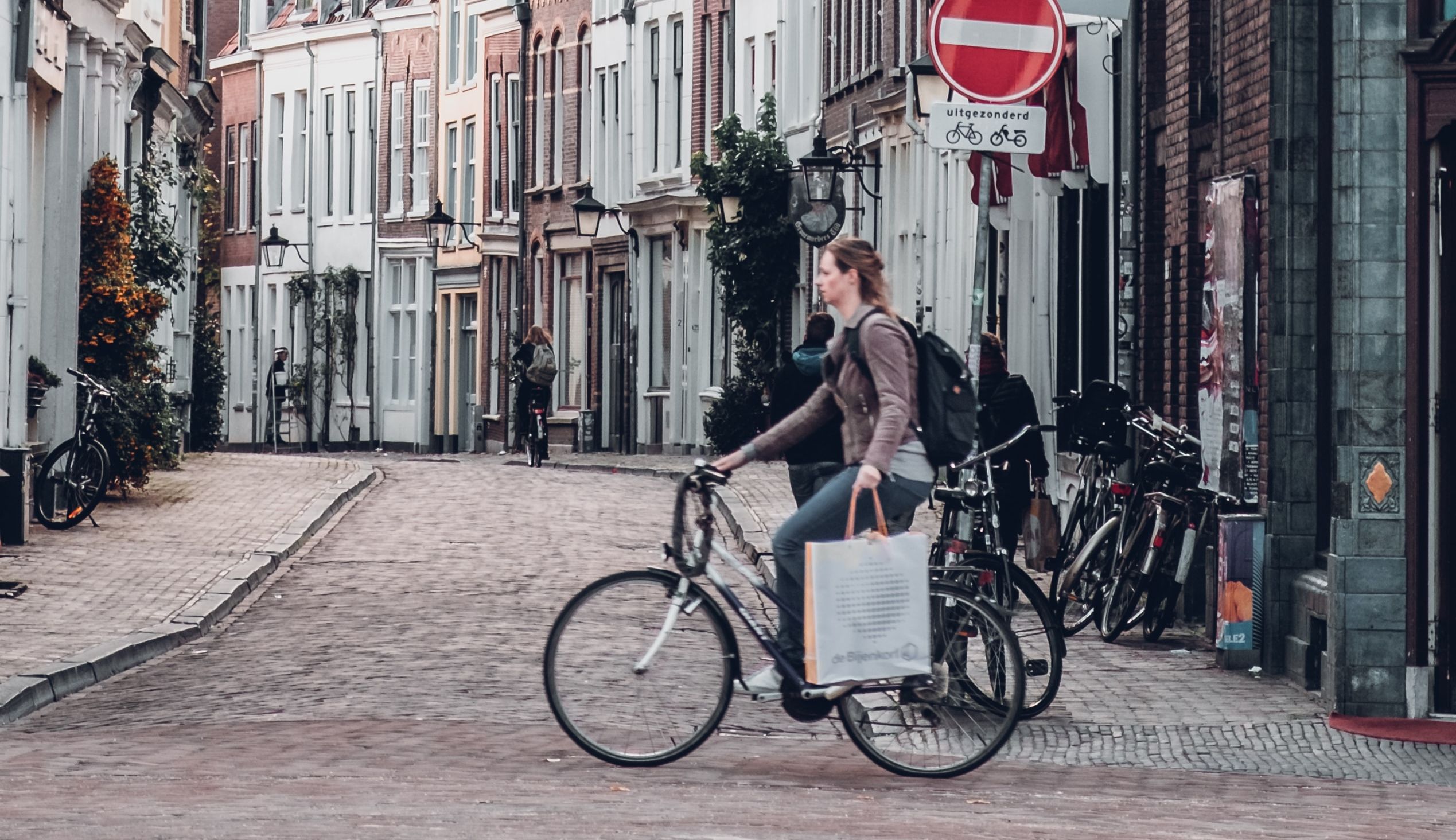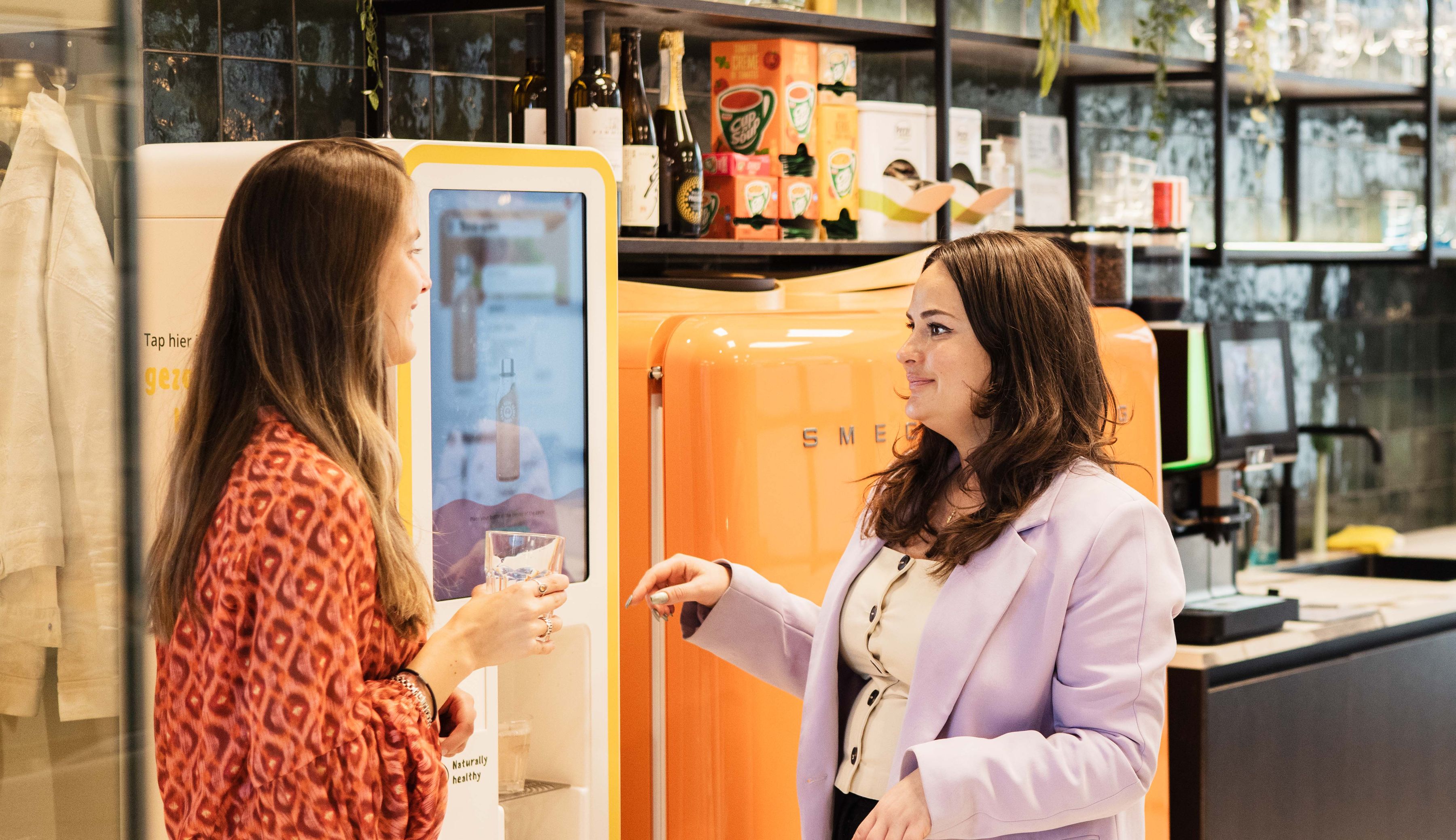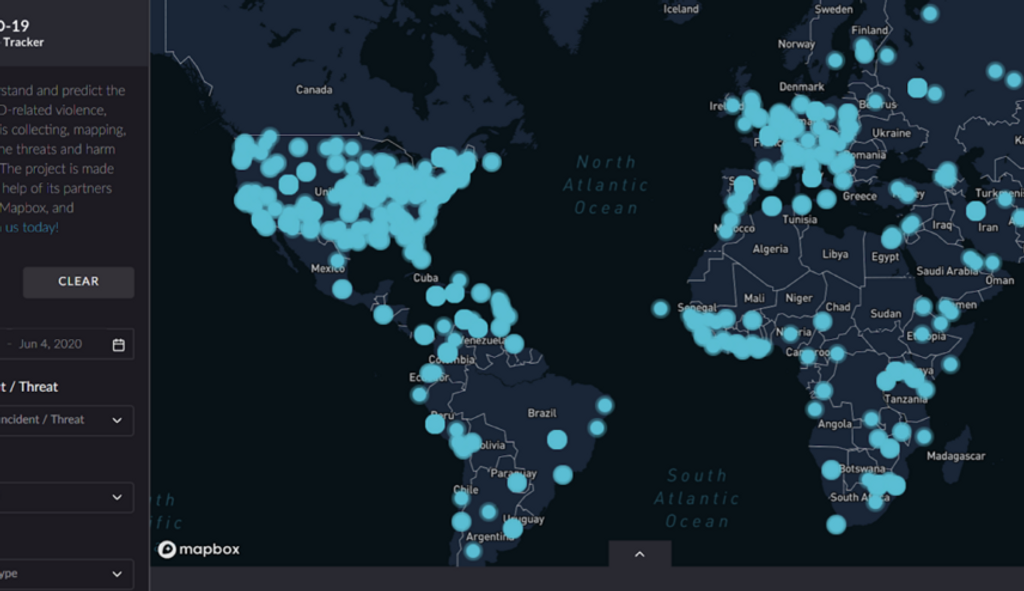Better public services based on a research cycle
Ministry of Foreign Affairs
- Customer case
- Customer Experience
- Data projects
- Research

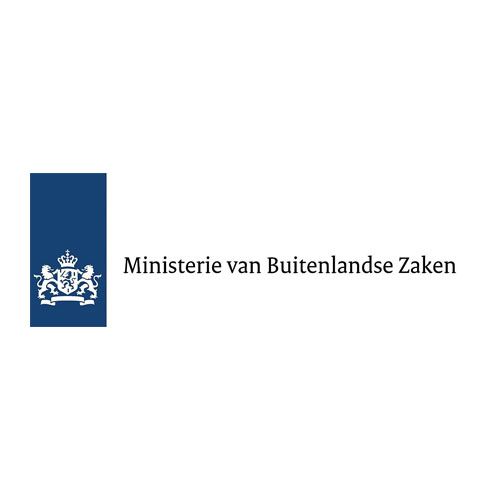
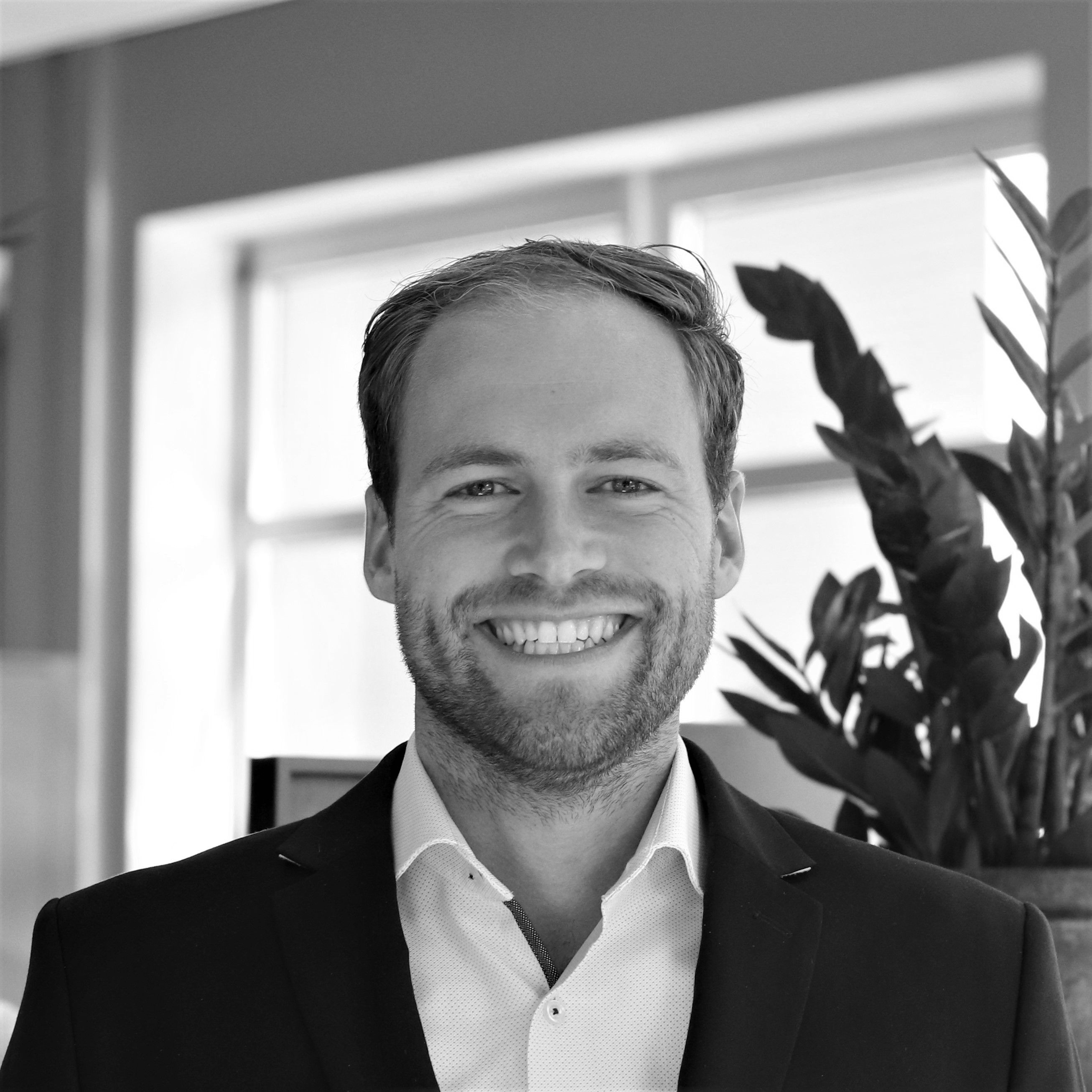
Dutch citizens living, working or studying abroad must also take care of things like renewing their passports, arranging tax issues and pension with the Dutch government. This can be something of a challenge by being far away from the Netherlands, due to fragmentation of services, time difference and different situations. In a project which lasted from 2018-2022, the Ministry of Foreign Affairs therefore worked together with 12 implementing organisations (e.g. Tax and Customs Administration and RDW) on government-wide access to public services. The service is called Netherlands Worldwide (NWW). NWW is accessible 24/7 on the website, and direct customer contact channels such as telephone, WhatsApp and email.
We were part of the Quality and Monitoring subproject from late 2020 to mid-2022. It focused on building data-driven working methods in which citizens are centre stage. Various data sources have been made available, dashboards have been set up and a research process has been drawn up. With the latter and based on key performance indicators (KPIs), we studied various products and services to find out to what extent we served citizens well and determined next steps to improve the customer journey. We proceeded in collaboration with various experts such as editors, spokesmen, customer demand researchers and account managers as well as the implementing organisations involved.
Our approach
We proposed a research process, coordinated the practical implementation and provided data analysis expertise.
The research process consisted of seven phases:
- Scope determination and planning
At this level, we determined research questions about a product or service, discussed focus areas and made agreements about deadlines and tasks. - Deepening content
We organised a kick-off where a customer inquiry researcher explained the product or service to the entire research team. With desk research we mapped out current processes, customer journeys, content and previous research. - Data collection
We collected qualitative data by e.g.conducting discussions with spokesmen speaking to citizens and by analysing complaints. In addition, we collected quantitative data from the web analytics tool called Piwik, data from the implementing organisation(s) involved and insights from customer satisfaction surveys. - Analysis and advice
With the team we described the findings, advice and the associated actions.In addition to the product and/or service-specific analyses, we studied data sources in an overarching way in order to discover connections and trends within the entire service provision. We organised internal sessions, bringing together analyses and findings to answer research questions. Based on the insights from those sessions, we conducted in-depth research where necessary. - Feedback
Feedback moments for the research team ensured tightening and an update for the internal stakeholders to discuss actions. - Sessions with the implementing organisation(s) involved
At this stage, findings and actions were supplemented with matters of discussion and questions.For example, we provided an interactive session and brought together partners who are responsiblefor one customer journey, like the one involving child benefits and schemes with the partners SVB (social insurance bank) and the Tax and Customs Administration. - Improvements
Depending on the actions, improvements were made in the knowledge base, to training programmes for spokesmen, to the website or to the service provision process at Netherlands Worldwide and/or the implementing organisation(s) involved.For example, as a result of research on the subject of voting, information has been added about participating in elections if you are temporarily living abroad. Cross-references were also made between the subjects of driver's licenses, emigration, and theft or loss of documents, because customer questions about these subjects appeared to be related.
After the adjustments, we monitored once again to see whether the desired effect has been achieved. This was followed by phase 1 again and as a result, we created a continuous feedback loop.
Every three months, the research process itself was evaluated, from which improvement measures followed. For example, we studied how we could make the process even more efficient by, for example, setting up extra logging and dashboards.
The result
Based on research process, a multidisciplinary team works together on a data-driven basis, whereby Netherlands Worldwide and customer journeys are increasingly optimised and further developed from citizens' perspectives.
Want to know more?
Reimer will be happy to tell you more about this assignment.
Business Manager+31(0)20 308 43 90+31(0)6 83 69 07 78reimer.vandepol@digital-power.com
Receive data insights, use cases and behind-the-scenes peeks once a month?
Sign up for our email list and stay 'up to data':
